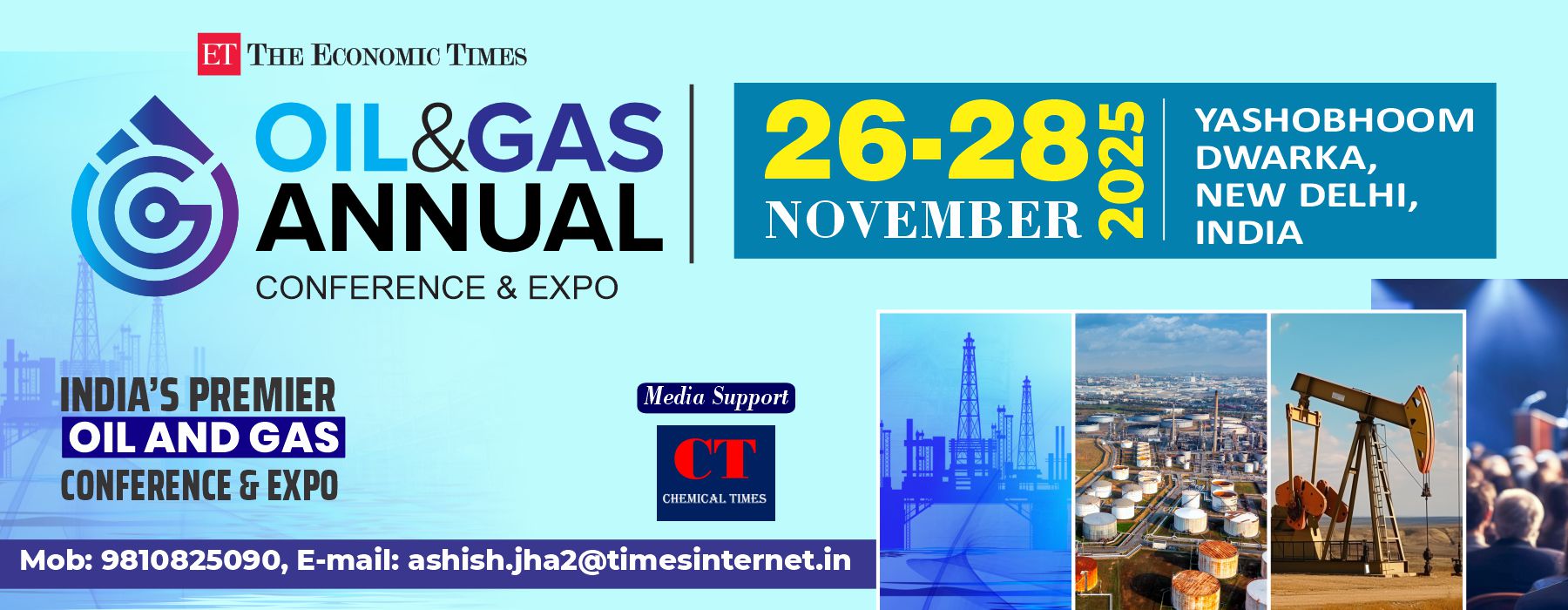Introduction:
Heat transfer, the process of energy exchange between objects or systems due to a temperature difference, is a fundamental phenomenon that plays a crucial role in various aspects of our daily lives. From heating our homes to powering industrial processes and enabling advanced technologies, heat transfer is a key concept that underpins countless applications across numerous fields. In this article, we will explore the importance and diverse uses of heat transfer, shedding light on its significance in different domains.
- Heating and Cooling Systems:
One of the most prevalent applications of heat transfer is in heating and cooling systems. Whether it’s central heating in homes, air conditioning in buildings, or refrigeration in industrial processes, the efficient transfer of heat is vital. Heat is transferred from a heat source to a target area or medium through conduction, convection, or radiation, depending on the specific system. This technology not only provides us with comfortable living and working environments but also helps preserve perishable goods and medicines, ensuring their longevity and safety.
- Power Generation:
Heat transfer also plays a pivotal role in power generation. Most power plants, whether they operate using fossil fuels, nuclear energy, or renewable sources, rely on the conversion of heat energy into mechanical energy and then into electricity. Thermal power plants, such as coal-fired or gas-fired plants, utilize heat transfer through steam generation and the rotation of turbines. Even in solar power plants, concentrated solar power systems use mirrors or lenses to concentrate sunlight onto a receiver, generating heat that drives turbines. Thus, heat transfer is a cornerstone of energy production and electricity generation.
- Industrial Processes:
Heat transfer is extensively used in various industrial processes. For instance, in manufacturing industries, heat transfer is employed in processes like drying, curing, and annealing. In metallurgy, heat treatment techniques like tempering, hardening, and annealing depend on precise heat transfer to achieve desired material properties. Heat transfer is also integral to chemical reactions and distillation processes, enabling efficient and controlled heating or cooling. Additionally, heat exchangers are widely employed in industrial settings to transfer heat between different fluids, optimizing energy usage and reducing costs.
- Electronics and Technology:
The field of electronics and technology heavily relies on effective heat transfer mechanisms. As electronic devices become increasingly compact and powerful, managing heat generation and dissipation is critical to ensure optimal performance and prevent damage. Heat sinks, fans, and thermal pastes are commonly used to transfer heat away from electronic components, enhancing their longevity and reliability. Similarly, in data centers, where a multitude of servers and networking equipment generate substantial heat, efficient cooling systems are crucial for maintaining stable operations.
- Renewable Energy Systems:
Heat transfer is an integral part of renewable energy systems. In solar water heating systems, heat transfer fluids capture and transfer the sun’s thermal energy, providing hot water for domestic and industrial use. Geothermal energy harnesses heat from deep within the Earth to generate electricity or for direct heating and cooling applications. Additionally, heat pumps, which extract heat from ambient air or the ground, rely on heat transfer principles to provide efficient and eco-friendly heating and cooling solutions.
Conclusion:
From basic necessities like heating and cooling to advanced technological applications, heat transfer is a vital process that impacts multiple aspects of our lives. It enables us to achieve optimal comfort, drives power generation, facilitates industrial processes, supports the development of electronic devices, and empowers renewable energy systems. As our understanding of heat transfer continues to evolve, its applications are likely to expand further, revolutionizing various fields and paving the way for more sustainable and efficient solutions.



